-
Latest Version
Java JDK 23.0.2 (64-bit) LATEST
-
Review by
-
Operating System
Windows 7 / Windows 8 / Windows 10 / Windows 11
-
User Rating
Click to vote -
Author / Product
-
Filename
jdk-23_windows-x64_bin.exe
-
MD5 Checksum
12b2c133465f104a2680c97af288f357
With its robust features and extensive support, the JDK 2025 has become an indispensable resource in the world of Java development.
Java Development Kit (JDK) 64bit is a software package developed by Oracle Corporation that serves as a complete development environment for Java applications.
It includes a collection of programming tools, such as compilers, debuggers, and other utilities, along with a rich set of libraries and documentation. It ensures that developers have all the necessary components to create, test, and deploy Java programs efficiently.
Features
Compiler and Runtime Environment
It comes with the Java Compiler, which translates Java source code into bytecode that can run on any Java Virtual Machine (JVM). It also includes the Java Runtime Environment (JRE) that allows you to execute Java applications on your machine.
Libraries and APIs
It provides a vast set of libraries and APIs that simplify the development process. These libraries cover a wide range of functionalities, including database access, networking, graphical user interface (GUI) development, and much more.
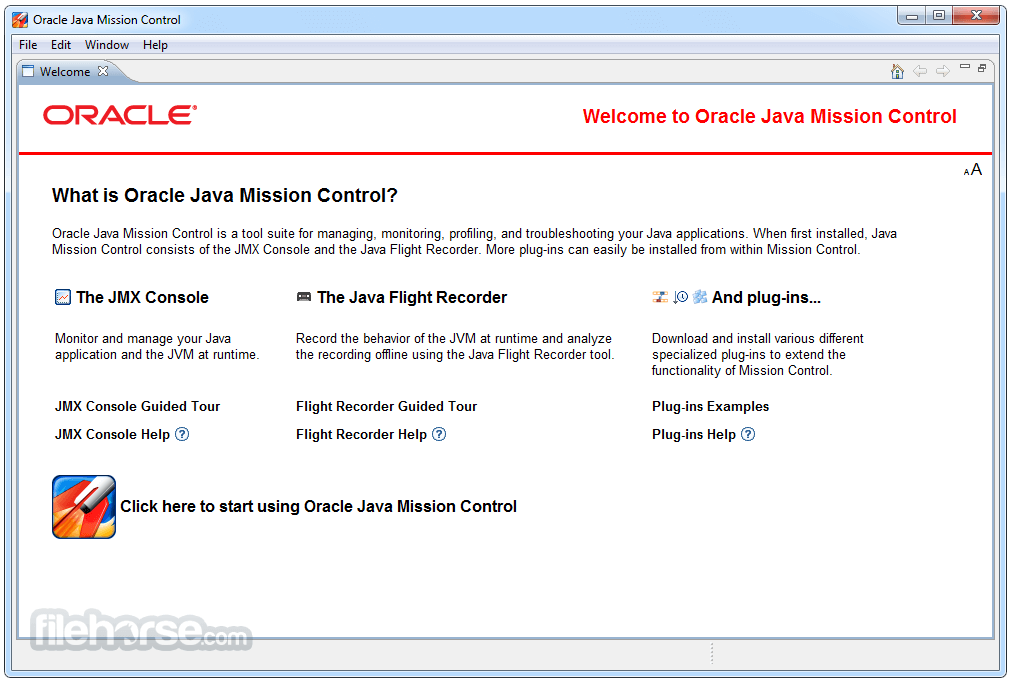
Integrated Development Environment (IDE) Support
Although the app itself does not include an IDE, it seamlessly integrates with popular Java IDEs like Eclipse, IntelliJ IDEA, and NetBeans. This allows developers to leverage the JDK's capabilities within their preferred development environment.
Documentation
It offers extensive documentation, including the Java API documentation, which serves as a valuable resource for understanding the available classes, methods, and their usage. It also includes guides, tutorials, and sample code to assist developers in mastering Java development.
Debugging and Profiling Tools
The JDK incorporates powerful debugging tools like jdb and jstack, which aid developers in identifying and resolving issues in their code. Additionally, it provides profiling tools like JConsole and VisualVM for performance analysis and optimization.
JDK 20 is available now!
Java Development Kit (JDK) 20 is the most recent release of the Java SE Platform, while JDK 17 LTS (Long-Term Support) is the latest long-term support release.
The JDK 20 binaries can be used freely in production and redistributed without any cost, as per the Oracle No-Fee Terms and Conditions.
Under these terms, JDK 20 will continue to receive updates until September 2023. After that, it will be succeeded by JDK 21.
How to Use
Download and Installation: To use the app, visit the official Oracle website or FileHorse and download the appropriate JDK version for your operating system.
Setup and Configuration: Follow the installation instructions provided by Oracle to set up the JDK 2025 on your machine. Ensure that you configure the environment variables correctly to enable command-line access to the tools.
Writing and Compiling Java Code: Use a text editor or an IDE to write your Java code. Save the code with the .java extension. Open a command prompt or terminal, navigate to the directory where the code is saved, and use the Javac command to compile the Java source code into bytecode.
Running Java Applications: After compiling the code, use the Java command followed by the name of the class containing the main method to execute the Java application.
FAQ
Q1. What is the difference between the JDK and the JRE?
A1. The JDK (Java Development Kit) is a complete development environment that includes the Java Compiler, libraries, and tools required for developing Java applications. The JRE (Java Runtime Environment), on the other hand, is a subset of the app and only provides the necessary components to run Java applications.
Q2. Can I use the JDK for commercial purposes?
A2. Yes, it can be used for both commercial and non-commercial purposes. However, it's essential to review and comply with Oracle's licensing terms and conditions.
Q3. Is the JDK compatible with multiple operating systems?
A3. Yes, the app is available for various operating systems, including Windows, macOS, and Linux distributions. Ensure that you download the appropriate version for your specific operating system.
Q4. Are there any alternatives to the JDK for Java development?
A4. Yes, some alternatives to the app include OpenJDK, Amazon Corretto, and IBM SDK for Java. These alternatives offer similar features and functionalities, and you can choose the one that best suits your needs.
Q5. Does the JDK support the latest version of the Java programming language?
A5. Yes, the JDK is regularly updated to support the latest version of the Java programming language. It is recommended to keep your app version up to date to leverage the newest language features and enhancements.
Pricing
The JDK is FREE to download and use. However, for commercial use, it is important to review and comply with Oracle's licensing terms and conditions.
PROS
- Comprehensive development environment with all the necessary tools and libraries.
- Extensive documentation and resources for Java developers.
- Regular updates and compatibility with the latest Java programming language versions.
- Seamless integration with popular Java IDEs.
- Robust debugging and profiling tools.
- The licensing terms for commercial use can be complex and may require careful review.
- Setting up and configuring the environment variables can be challenging for beginners.
- The installation package can be relatively large, requiring significant disk space.
The Java Development Kit (JDK) is an indispensable software package for Java developers, providing a complete development environment with powerful tools, libraries, and documentation. With its extensive features, seamless integration with popular IDEs, and support for the latest Java language versions, it empowers developers to build robust and scalable Java applications.
While the licensing terms for commercial use can be complex, the tool remains the go-to choice for professional Java development. Whether you are a beginner or an experienced developer, the JDK is a must-have toolset for unleashing the full potential of Java programming.
Also Available: Java Development Kit (32-bit) and Java Development Kit for Mac
What's new in this version:
JDK 23.0.2 contains IANA time zone data 2024b which contains the following changes:
- Improve historical data for Mexico, Mongolia, and Portugal
- System V names are now obsolescent
- The main data form now uses %z
- The code now conforms to RFC 8536 for early timestamps
- Support POSIX.1-2024, which removes asctime_r and ctime_r
Other Notes:
core-libs/java.lang ➜ ProcessBuilder on Windows Quotes Argument Strings Containing Any Space Character (JDK-8335428 (not public)):
- On Windows, the ProcessBuilder has expanded the quoting of argument strings when starting a process to ensure they are recognized by the application as a single command argument. The set of space characters has been expanded from space (0x20) to include all space characters as defined by java.lang.Character.isSpaceChar, which includes all Unicode space separator characters, such as EN-SPACE (0x2002), and line separator and paragraph separator characters.
core-libs/java.time ➜ Support for Time Zone Database 2024b (JDK-8339637):
- IANA Time Zone Database has been upgraded to 2024b. This version mainly includes changes to improve historical data for Mexico, Mongolia, and Portugal. It also changes one timestamp abbreviation, for the time zone 'MET'. Also Asia/Choibalsan is now an alias for Asia/Ulaanbaatar.
- The new tzdata changes also impact some legacy time zone IDs. As per 2024b changes "EST" links to "America/Panama", "HST" links to "Pacific/Honolulu" and "MST" links to "America/Phoenix". To maintain compatibility with the Java SE specification, the java.time.ZoneId.SHORT_IDS Map has not changed. Further details are available at JDK-8342331
Fixed:
- Target class of upcall stub may be unloaded
- Extra call to MethodHandle::asType from memory segment var handles fails to inline
- LambdaForm customization via MethodHandle::updateForm is not thread safe
- File libCreationTimeHelper.c compile fails on Alpine
- [REDO] java/nio/file/attribute/BasicFileAttributeView/CreationTime.java#tmp fails on alinux3
- Support "%z" time zone abbreviation format in TZ files
- False positive in get_trampoline fast path causes crash
- Fix memory barriers for @Stable fields
- C2: assert(!loop->is_member(get_loop(useblock))) failed: must be outside loop
- C2/Shenandoah: SEGV in compiled code when running jcstress
- Crash due to invalid oop in nmethod after C1 patching
- C2 compilation asserts with "no node with a side effect" in PhaseIdealLoop::try_sink_out_of_loop
- Repeated call of StringBuffer.reverse with double byte string returns wrong result
- C2: Memory for TypeInterfaces not reclaimed by hashcons()
- TestLoadBypassesNullCheck.java fails improperly specified VM option
- ZGC: Division by zero in rule_major_allocation_rate
- JdkJfrEvent::get_all_klasses stores non-strong oops in JNI handles
- [JFR] Long strings should be added to the string pool
- crash: pinned virtual thread will lead to jvm crash when running with the javaagent option
- Concurrent GC crashed due to GetMethodDeclaringClass
- Build failure due to 'no_sanitize' attribute directive ignored
- Inline OopMapCache table
- VM issues warning failure to find kernel32.dll on Windows nanoserver
- map_or_reserve_memory_aligned Windows enhance remap assertion
- remove old remap assertion in map_or_reserve_memory_aligned after JDK-8338058
- Aarch64: Generate comments in -XX:+PrintInterpreter to link to source code
- runtime/handshake/HandshakeDirectTest.java causes "monitor end should be strictly below the frame pointer" assertion failure on AArch64
- Out-of-bounds array access in secondary_super_cache
- Update OS detection code to recognize Windows Server 2025
- Remove hs-atr-ci-genzgc
- IP Address error when client enables HTTPS endpoint check on server socket
- Type annotation attached to incorrect type during class reading
- CompletionFailure in getEnclosingType attaching type annotations
 OperaOpera 117.0 Build 5408.39 (64-bit)
OperaOpera 117.0 Build 5408.39 (64-bit) PC RepairPC Repair Tool 2025
PC RepairPC Repair Tool 2025 PhotoshopAdobe Photoshop CC 2025 26.4.1 (64-bit)
PhotoshopAdobe Photoshop CC 2025 26.4.1 (64-bit) OKXOKX - Buy Bitcoin or Ethereum
OKXOKX - Buy Bitcoin or Ethereum iTop VPNiTop VPN 6.3.0 - Fast, Safe & Secure
iTop VPNiTop VPN 6.3.0 - Fast, Safe & Secure Premiere ProAdobe Premiere Pro CC 2025 25.1
Premiere ProAdobe Premiere Pro CC 2025 25.1 BlueStacksBlueStacks 10.42.0.1016
BlueStacksBlueStacks 10.42.0.1016 Hero WarsHero Wars - Online Action Game
Hero WarsHero Wars - Online Action Game TradingViewTradingView - Trusted by 60 Million Traders
TradingViewTradingView - Trusted by 60 Million Traders LockWiperiMyFone LockWiper (Android) 5.7.2
LockWiperiMyFone LockWiper (Android) 5.7.2
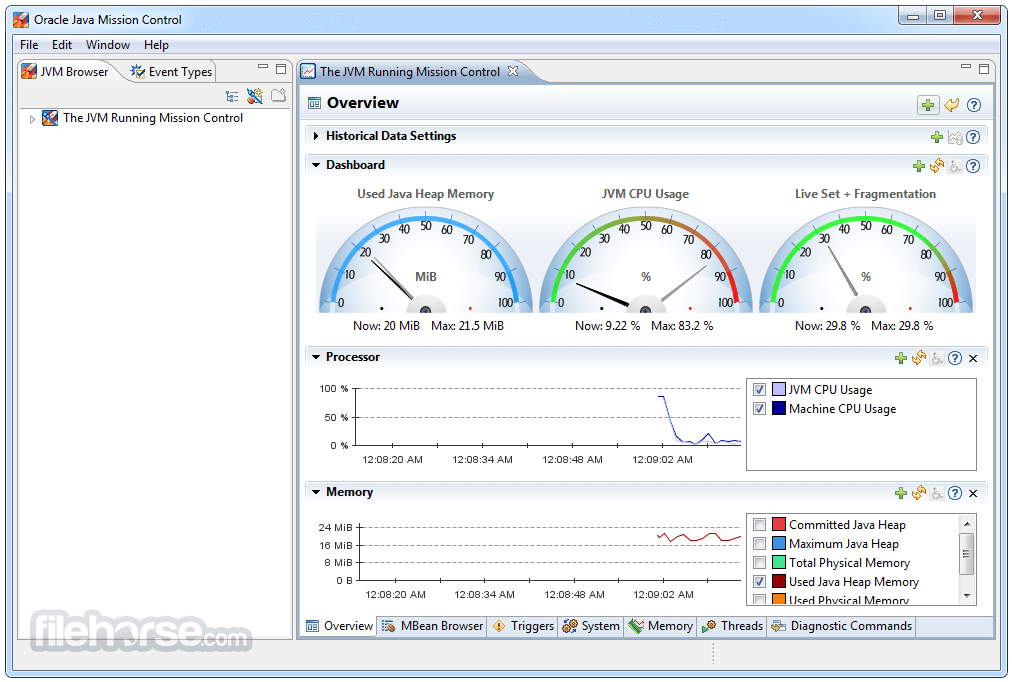
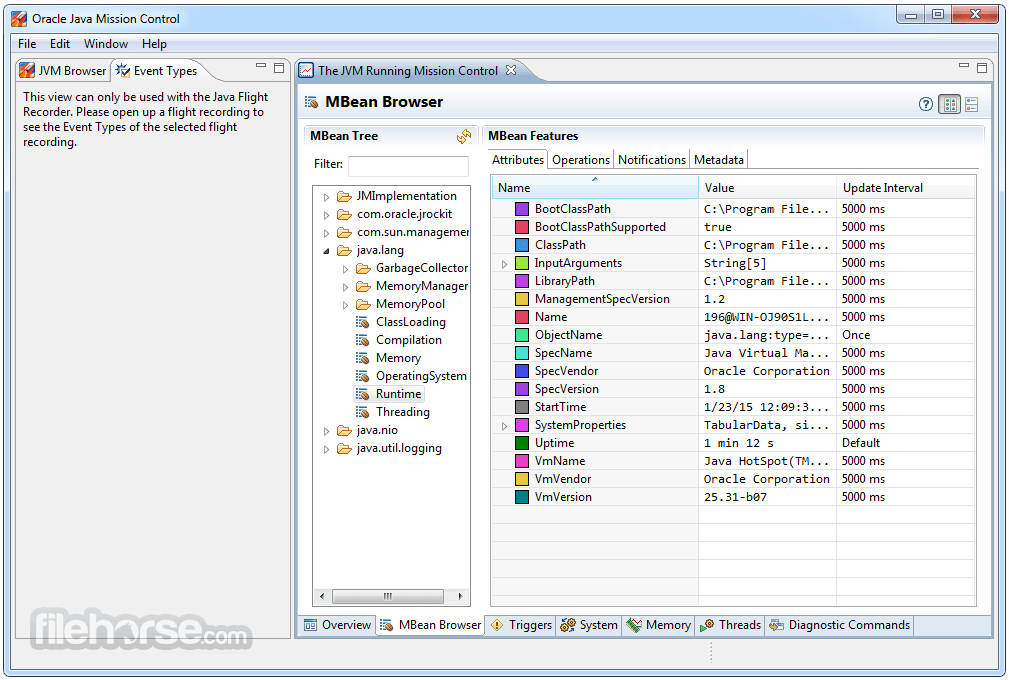
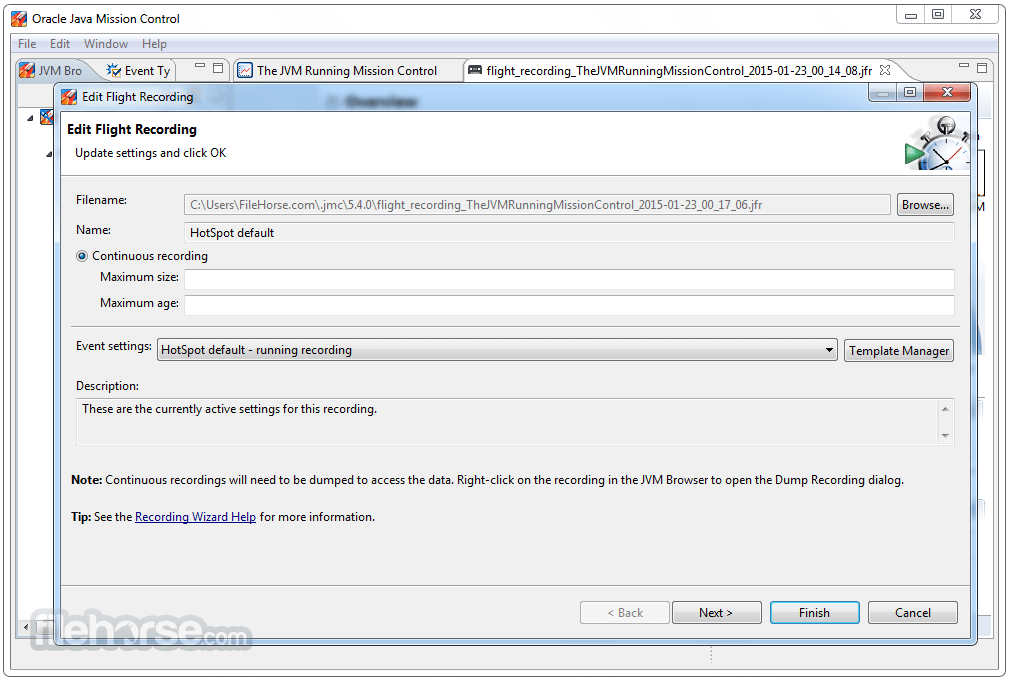
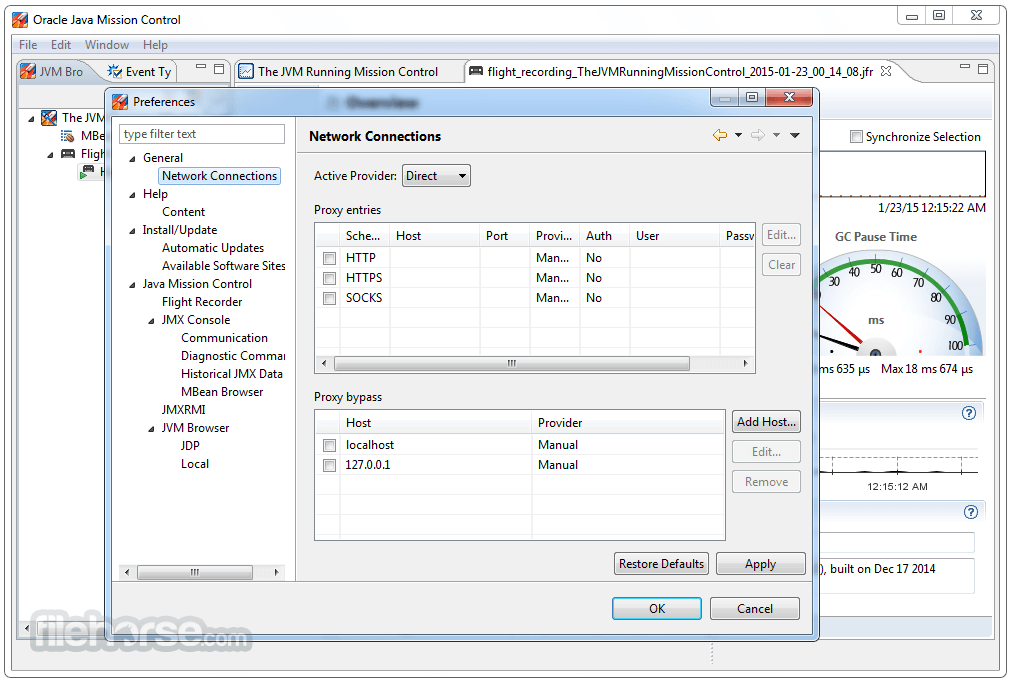





Comments and User Reviews